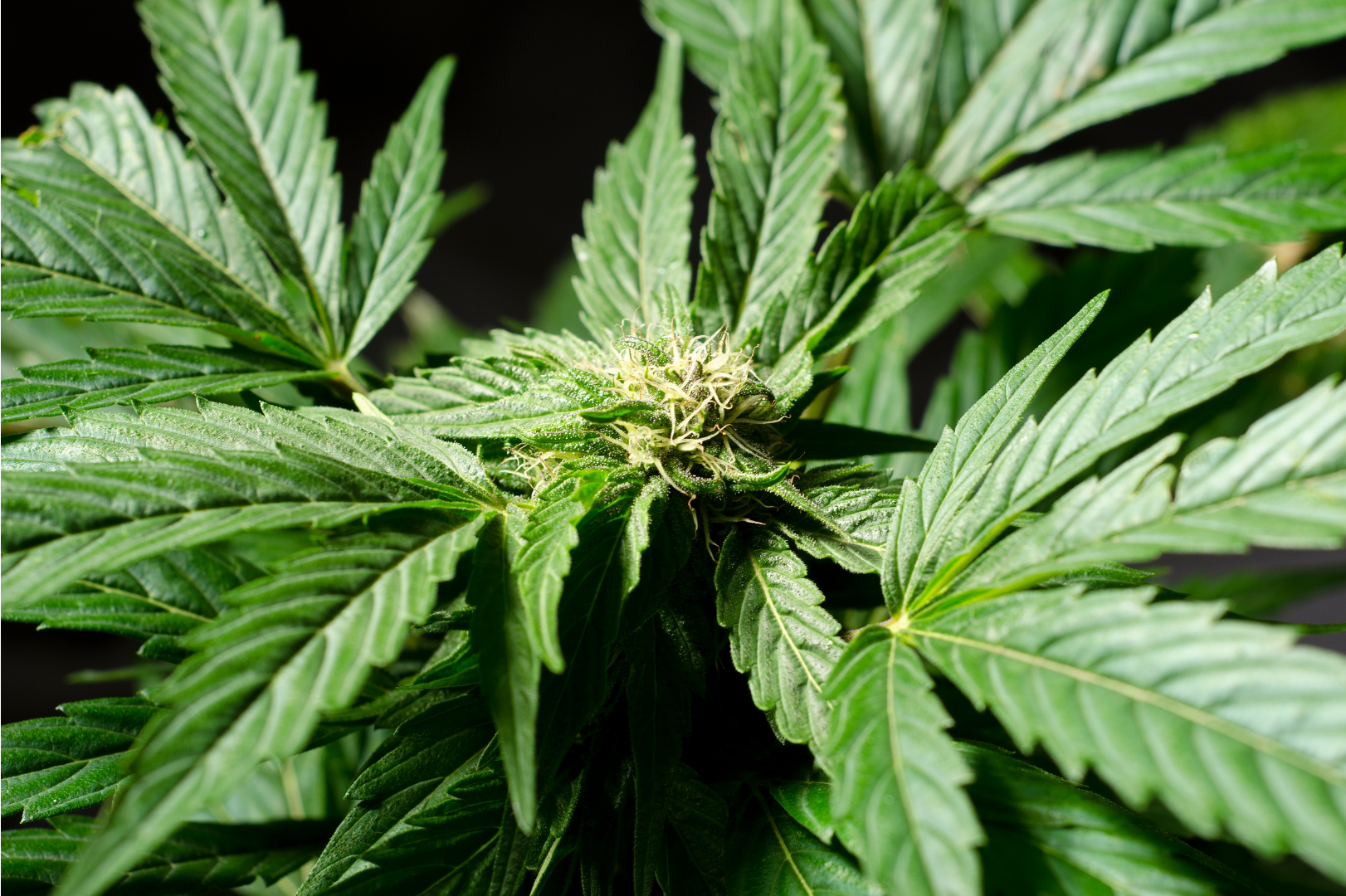Cannabidiolic acid (CBDA) is one of three cannabinoid precursor compounds converted from Cannabigerolic acid (CBGA). CBGA also converts to the precursor compounds Tetrahydrocannabinolic acid (THCA) and Cannabichromenic acid (CBCA) or may convert to it’s non-acidic form, Cannabigerol (CBG).
The cannabis plant produces cannabinoids as prenylated aromatic carboxylic acids, which are converted to their more neutral forms by way of heat, light, or aging. When decarboxylation occurs, by exposing the cannabis plant to either heat or light, CBDA may convert to CBD.
Research has shown that CBDA may be more potent than CBD, although not as stable of a molecule. Given that CBDA and THCA simply decompose when exposed to light or heat means that they can very easily change from their state. However, chemists have discovered ways to stabilize CBDA so that we may take advantage of this cannabinoid’s potential benefits as an anti-inflammatory, antiemetic, anticonvulsant, and anticancer.
Anti-inflammatory
CBDA inhibits the COX-2 Enzyme. These enzymes are associated with inflammation after injury or infection. Therefore, by blocking COX-2 Enzymes, CBDA may relieve inflammation and associated pain. In a rodent study, equivalent amounts of CBD and CBDA were administered to test efficiency in reducing hyperalgesia. The low amount of CBD was not efficient in reducing this increased sensitivity to pain when exposed to normal stimuli. The CBDA, on the other hand, did reduce hyperalgesia at that same low amount. In the same study, amounts of THC and CBDA so low that they were deemed “ineffective” were administered. When these ineffective, low amounts were combined it was shown in the animal models to have anti-inflammatory and anti-hyperalgesia effects on acute inflammation.
Antiemetic
CBDA affects 5-HT1A Serotonin receptors by enhancing their activation. This action shows promise for CBDA as an antiemetic (anti-nausea).
In studies carried out with rodents, the ability of CBDA to inhibit vomiting induced by toxins or from movement was examined. CBDA appeared to reduce involuntary vomiting and simultaneously delay the onset of nausea and vomiting in response to movement. The effects were more powerful than what was observed with CBD because of the ability of CBDA to enhance 5-HT1A receptor activation.
In addition to discovering these potential benefits, there is also promise for the prevention of anticipatory nausea. Anticipatory nausea is conditioned or psychological nausea, often provoked by a reminder of something that leads to vomiting. An individual going through chemotherapy treatments may experience this, showing further promise as an alternative option to those who are sensitive to the euphoric effects of THC.
Anticonvulsant
CBDA is among other minor cannabinoids in cannabis sativa extracts being researched for its anticonvulsant effects in childhood epilepsies, including Dravet Syndrome. This is because there are various epilepsy-relevant receptors that CBDA may interact with, including 5-HT1A, GPR55, and TRPV1.
CBDA has shown to be anticonvulsant against hyperthermia-induced seizures in rodents. Children with Dravet Syndrome often exhibit seizures that are provoked by fever, suggesting that CBDA may benefit those who suffer from this epilepsy type. These reports are consistent with a report showing CBDA as anticonvulsant against pentylenetetrazole-induced seizures; which can be described as general seizures that are chemically induced.
Anticancer
When it comes to cancer models, the anticancer activity of CBDA was investigated on acute lymphocytic leukemia, promyelocytic leukemia cells, and human prostate carcinoma androgen receptor positive cells. CBDA was found to be less active than CBD for all of these, until tested towards MDA-MB-231 cells, a highly aggressive triple negative breast cancer. CBDA was found to inhibit breast cancer cell migration.
Although there is much promise for the therapeutic potentials of CBDA, it is still considered an understudied compound. Further studies carried out, beyond what preliminary research and anecdotal data is available, is necessary to deepen our knowledge of the possible uses and efficacy. Through a greater understanding we may also be aware of any adverse effects and how to administer so that therapy is most effective.
◼
Disclaimer
The Realm of Caring Foundation specifically invokes the first amendment rights of freedom of speech and of the press without prejudice. These statements have not been evaluated by the food and drug administration. The products discussed are not intended to diagnose, cure, prevent or treat any disease. Realm of Caring always recommends when and wherever possible that licensed local healthcare professionals be consulted.
The Realm of Caring Foundation is an independent nonprofit with its own governing board. We do not produce or sell cannabinoid products, nor do we receive funds from the sale of other company’s products.





